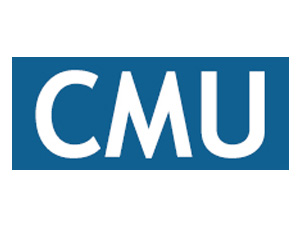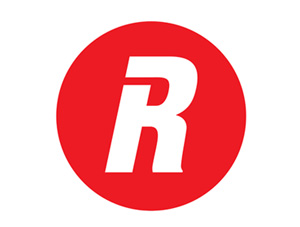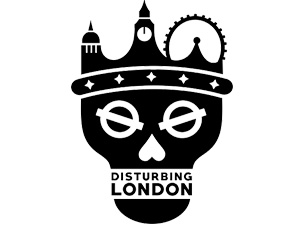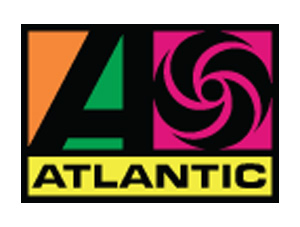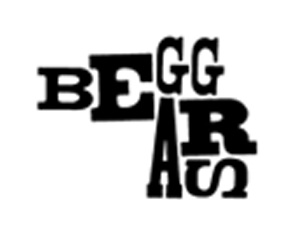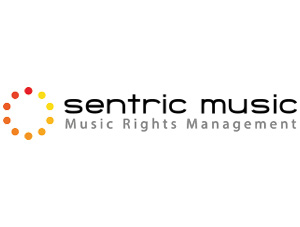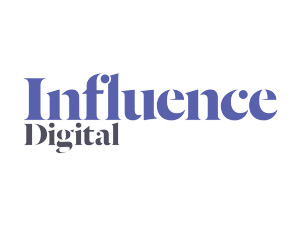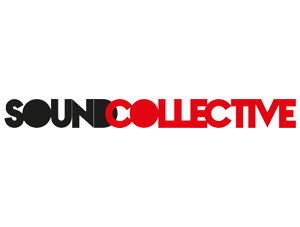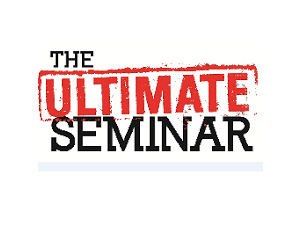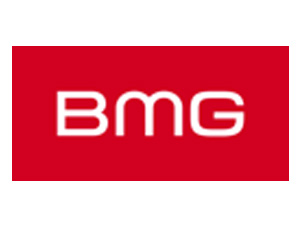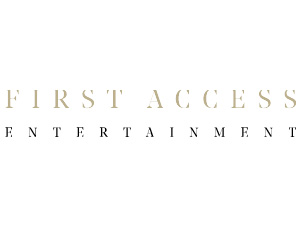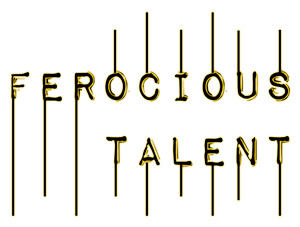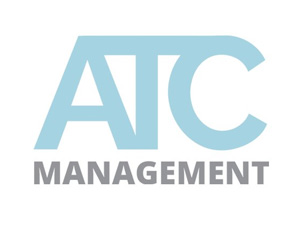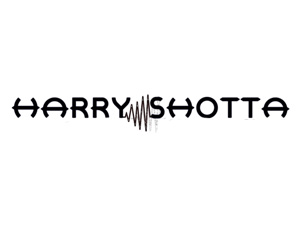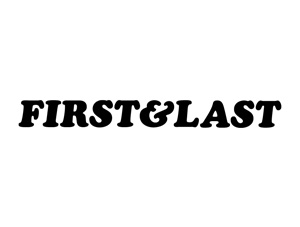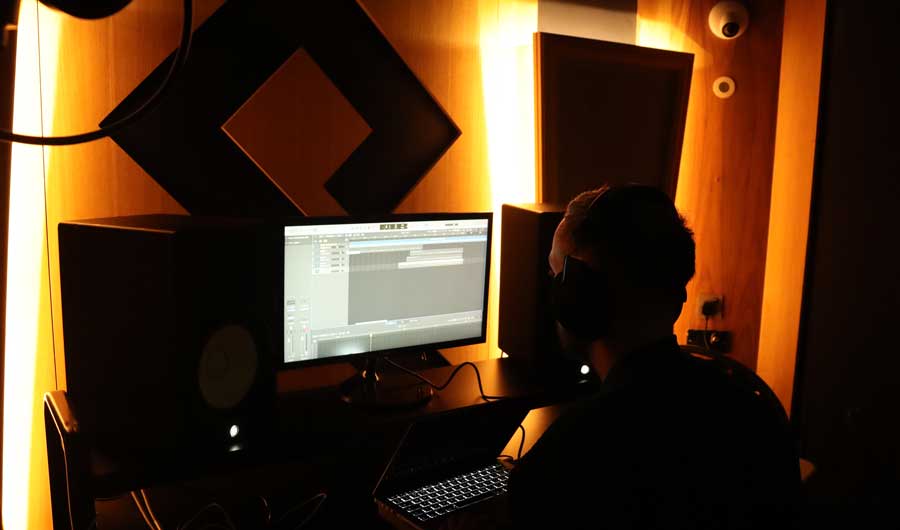Music Licensing in the UK: What Every Artist Should Know
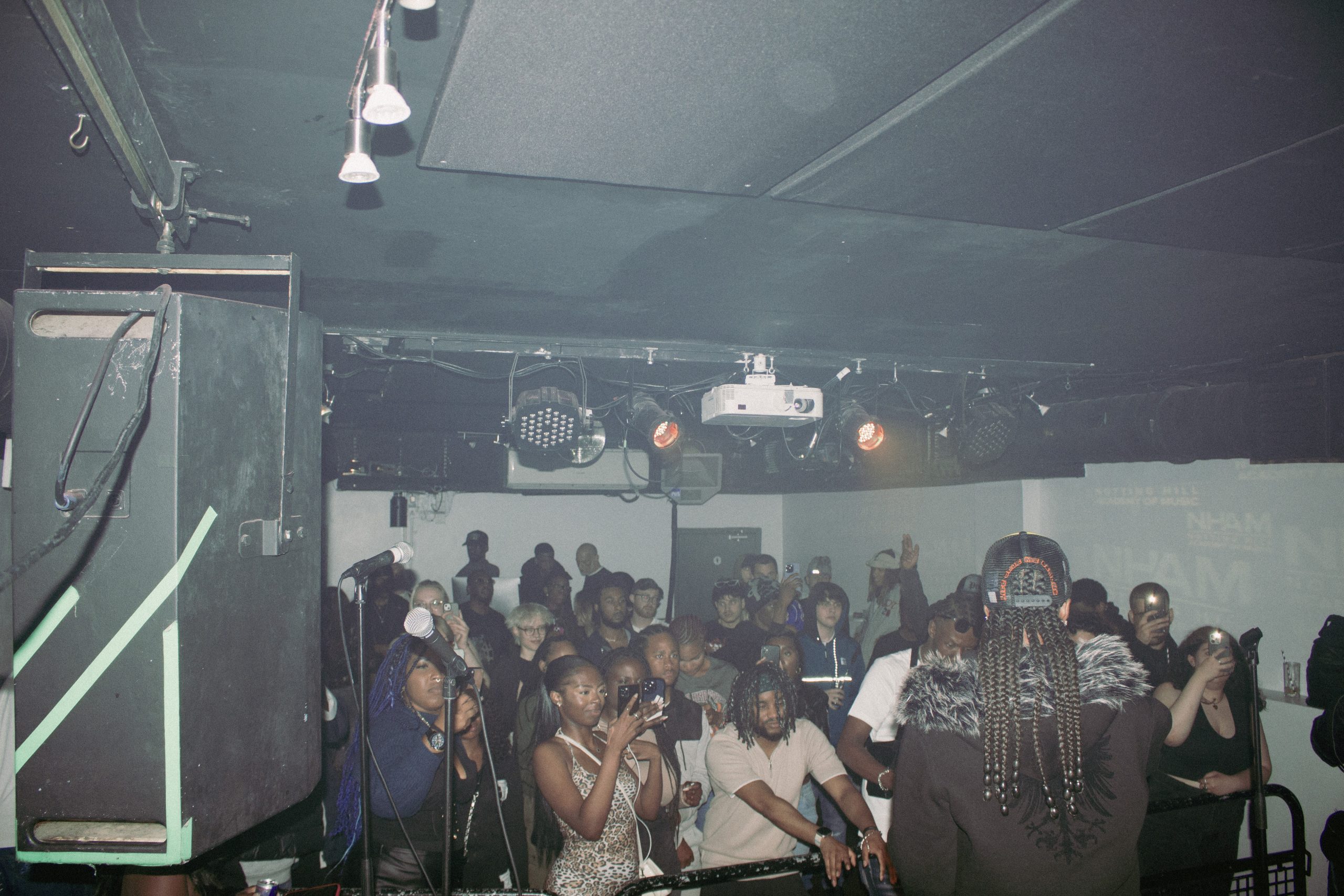
So you’ve just wrapped on your next killer track and you know it’s Top 40 worthy, but hang on- before you drop it, there’s some “not-so-glamorous” but “oh-so-extremely important” things you need to make sure you got on lock.
We’re talking about music licensing— sounds tedious, we know. But we want to make sure that your music gets out there, makes you money, and still keeps your creative rights locked down tighter than a drum loop. If you’re an up-and-coming artist in the UK, understanding the ins and outs of music licensing, sync deals, and copyright laws is your backstage pass to success.
What Is Music Licensing?
Picture this: You’ve just released a track, and suddenly it’s everywhere—on the radio, in commercials, or even that indie film everyone’s raving about on Tiktok. That’s not just luck; it’s the magic of music licensing. It’s the process through which you grant permission for your music to be used by others. In return, you get paid, your music gets more ears, and you still hold onto your rights. Sounds like a win-win to us.
Types of Music Licenses
Before you dive in, you need to know the types of music licenses you might encounter. Think of it as your licensing starter pack:
1. Performance License: Allows your music to be performed publicly, whether on the radio, in a venue, or as part of a broadcast.
2. Mechanical License: Every time your track gets pressed onto a CD, streamed online, or even cut into vinyl, this license makes sure you get a cut of the pie.
3. Sync License: Grants permission to use your music in sync with visual media, like films, TV shows, or advertisements.
4. Master License: Similar to a sync license but applies specifically to the recording of the song rather than the composition.
Sync Opportunities in London
Ah, London—the city that never sleeps (because it’s busy creating content). If you’re chasing those sync deals, you’re in the right place. London’s buzzing media scene is hungry for fresh music. TV production houses, ad agencies, and indie filmmakers are all on the hunt for the next sound to complete their projects. Bagging a sync deal means upfront cash, royalties, and the kind of exposure that’ll take your career to crazy heights. But here’s the catch: competition is fierce. To stand out, you’ve got to network like a pro—hit up industry events, workshops, and rub shoulders with the movers and shakers like music supervisors and sync agents.
Copyright Laws in the UK
Copyright is the foundation of your rights as an artist. In the UK, copyright automatically protects your work as soon as it is created and recorded, lasting for 70 years after your death. This means that as long as your work is original and you can prove its creation date, you retain exclusive rights to control how it is used.
Copyright gives you the right to:
– Reproduce your work (no one gets to bootleg your sound without permission)
– Perform your work publicly (and get paid for it)
– Create derivative works (hello, remixes!)
– Distribute copies of your work (because everyone needs your track on their playlist)
Collecting Royalties
Now let’s talk about MONEY!!! To make sure you get paid for the use of your music, it’s crucial to register with collection societies like PRS for Music (Performing Right Society) and PPL (Phonographic Performance Limited). PRS collects royalties for songwriters, composers, and publishers, while PPL handles royalties for performers and record companies. Registering with these organisations ensures you get paid whenever your music is played publicly, broadcast, or streamed.
Understanding music licensing is not just about protecting your work—it’s about making the most of your creativity. By mastering the basics of music licensing, sync deals, and copyright law, you can navigate the complex landscape of the UK music industry with confidence and clarity. Stay informed, stay connected, and ride the wave of opportunity that London’s vibrant music scene offers. Rock on, and may your tracks be forever licensed and your royalties ever flowing!





